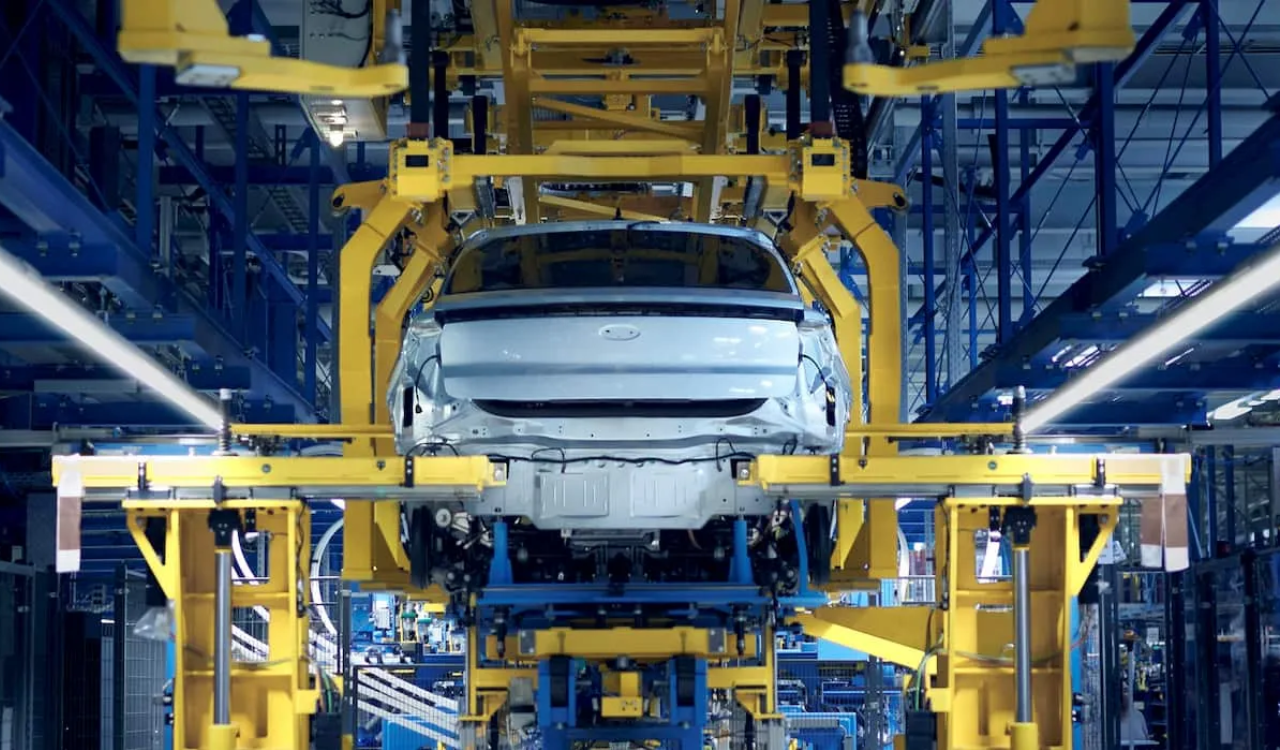As per news coming from the source, it has been reported that the Biden-Harris Administration announced $15 billion in funding. This amount is in favor of retooling existing factories, in order to make these factories produce electric vehicles and batteries.
Therefore, the decision made is proven as a lifeline for legacy automakers. Especially those who struggling to be profitable in the EV transition.
According to the Department of Energy announced in a press release today:
As part of President Biden’s Investing in America agenda, the U.S. Department of Energy (DOE) announced a $15.5 billion package of funding and loans primarily focused on retooling existing factories for the transition to electric vehicles (EVs)—supporting good jobs and a just transition to EVs.
In addition to this, the money is divided between grants and loans for the respective retooling of existing factories for EV production and battery production. Further aspects are elaborated by the below pointer:
- This comprises making available $2 billion in grants as well as up to $10 billion in the form of loans. To assist automotive manufacturing conversion projects that bring high-quality jobs to communities.
- The Department also declared a Notice of Intent, in order to make available $3.5 billion in funding. This is to raise domestic manufacturing of batteries for electric vehicles and the nation’s grid.
The fund helps legacy automakers retool existing setup
Thus to target the retooling of existing factories. The administration is helping legacy automakers that are currently struggling to sell EVs profitably. Since they need to transit their manufacturing assets for electrification.
On the other hand, it could also help EV startups that have taken over facilities that tend to produce internal combustion engine vehicles. Considering an example of the same, Rivian is producing its R1T and R1S electric trucks in a former Mitsubishi plant in Illinois.
However, it does appear that the Biden administration is having their focused on supporting legacy automakers. Since it specifically specifies projects employing union workers to be favored in the grant program.
In the Domestic Conversion Grant Program, higher scores will be given to projects that are likely to retain collective bargaining agreements and/or those that have an existing high-quality, high-wage hourly production workforce, such as applicants that currently pay top quartile wages in their industry.
To be noted, earlier, the Biden administration also tried to favor automakers, those who employ union workers with the reform to the federal tax credit for electric vehicles. However, they had to stop the effort after a backlash.
When it comes to Legacy automakers, include GM and Ford. As they employ union workers in the US. On the other hand, Tesla is well known for avoiding unionization efforts at its US plants, including at its Fremont, California, factory, which used to be operated by GM and Toyota respectively.























































